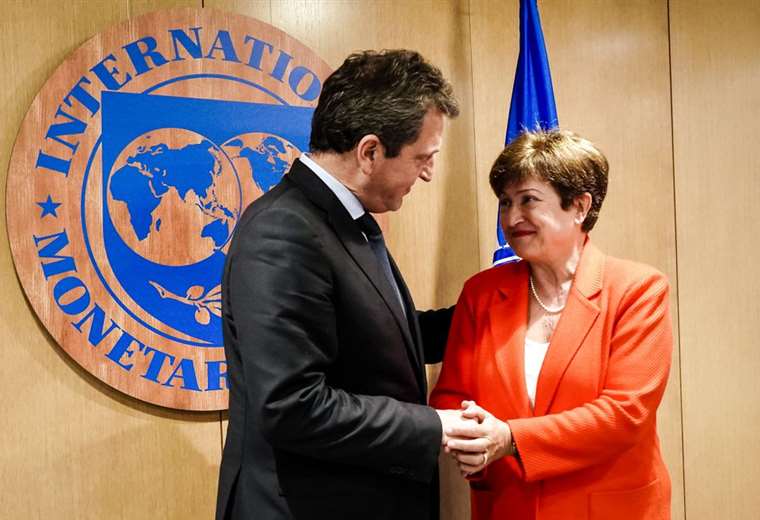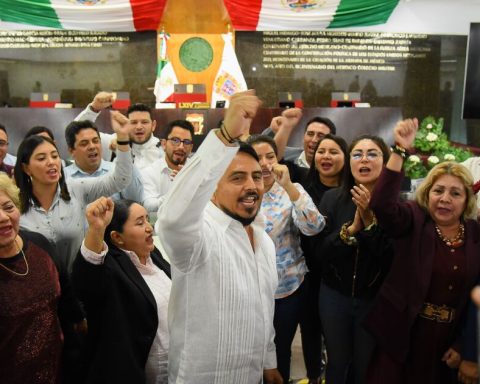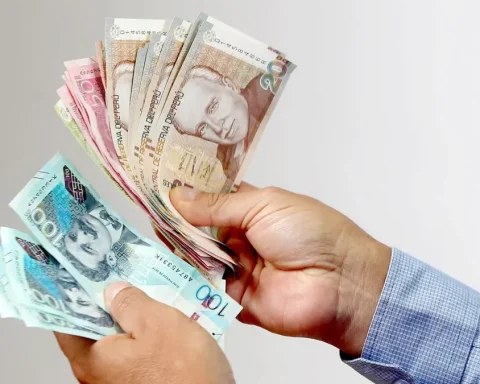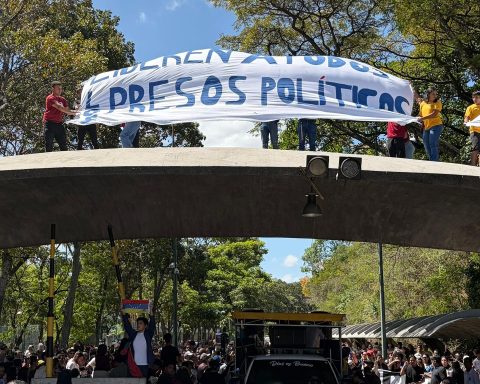December 2, 2022, 22:41 PM
December 2, 2022, 22:41 PM
“Prudent macroeconomic management and efforts to mobilize external financing are supporting stability,” the IMF said in a statement.
The agreement between the technical staff and the Argentine authorities “is subject to approval by the IMF’s executive board, which is expected to meet this month” and “once the review is completed, Argentina will have access to around USD 6,000 million,” he specified.
The Fund estimates that in the South American country “fiscal order is being restored, moderating inflation, improving the trade balance and strengthening reserve coverage.”
But while “advances have been made…macroeconomic conditions are still fragile and strong program implementation is essential going forward,” said Luis Cubeddu, deputy director of the Western Hemisphere department, and Ashvin Ahuja, chief of mission for Argentina, at the end of the meetings, according to the statement.
All in all, at the end of November the country registered inflation of 76.6% accumulated since January, “the main drama in Argentina”, in the words of the Minister of Economy, Sergio Massa.
The IMF is committed to maintaining the measures “to support a gradual reduction in annual inflationfrom around 95% by the end of 2022 to 60% by the end of 2023.”
The parties agreed that the key objectives of the program, in particular those related to the fiscal deficit and net international reserves, would remain unchanged for the rest of 2022 and 2023 to anchor “credibility”.
The government of Argentine President Alberto Fernández has promised to increase its international reserves and reduce the fiscal deficitfrom 3% of the Gross Domestic Product in 2021 to 2.5% this year, 1.9% in 2023 and 0.9% in 2024, by virtue of the commitments with the multilateral organization.
Cubeddu and Ahuja praise that “despite the challenges, also a consequence of the war in Ukraine, all the quantitative performance goals were met until the end of September,” thanks to spending control and actions to improve the targeting of subsidies.
Minimize exchange measures
In addition, the technicians highlighted that “net international reserves are scheduled to increase by USD 9.8 billion by the end of 2023,” and recalled that temporary exchange rate measures “should be minimized in the future as they are not substitutes for prudent macroeconomic policies.”
The debt restructuring agreement reached with the creditors of the Paris Club, to reschedule a payment of 2,000 million dollars, and the efforts to mobilize external official financing are some of the actions applauded by the two executives.
Both also agree that Argentina should continue making efforts to strengthen financial management, the public debt market in pesos, and the export potential of strategic sectors, such as energy.
Negotiations with the Argentine authorities took place in an “open and constructive” climate, in person and online, say Cubeddu and Ahuja, who appreciate the government’s commitment “to strengthen stability and promote inclusive and sustainable growth.”
















